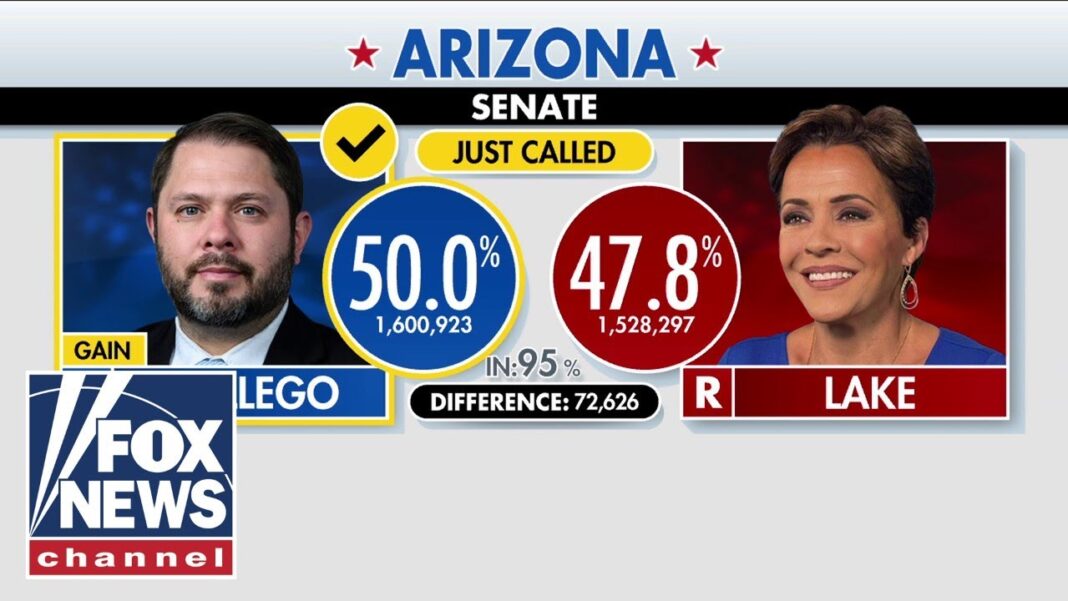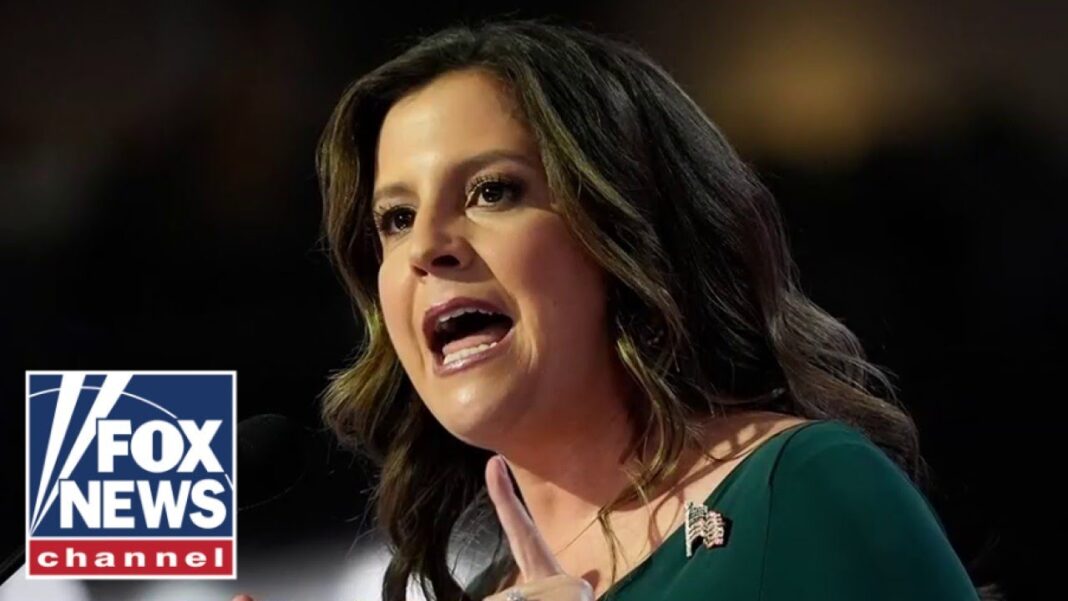Professor Jeffrey Sachs discusses the cause of the Ukraine war during Q&A in the Debating Chamber of Cambridge Union Society on October 22, 2024. The topic of discussion was about “whether there can ever truly be a liberal international order?”
Jeffery Sachs: . . . So let me just explain in two minutes the Ukraine war. This is not an attack by Putin on Ukraine in the way that we are told every day.
This started in 1990, February 9th, 1990, James Baker, the third, our Secretary of State, said to me, Gorbachev, NATO will not move one inch eastward if you agree to German unification, basically ending World War II. And, Gorbachev said, that’s very important. Yes. NATO doesn’t move and we agree to German unification. The U.S. then cheated on this already starting in 1994, when Clinton signed off on a, basically a plan to expand NATO all the way to Ukraine.
This is when the so-called neocons took power and I, Clinton was the first agent of this. And the expansion of NATO started in 1999 with Poland, Hungary and Czech Republic. At that point, Russia didn’t much care. There was no border other than with Königsberg, but other than that, there was no direct threat. Then, the U.S. led the bombing of Serbia in 1999.
That was bad, by the way. Because that was a, the use of NATO to bomb a European capital, Belgrade, 78 straight days to break the country apart. The Russians didn’t like that very much. But Putin became president. They swallowed it. They complained. But, even Putin started out pro European, pro American actually asked, maybe we should join NATO when there was still the idea of some kind of mutually respectful relationship.
Then 911 came, then came, Afghanistan, and the Russians said, yeah, we’ll support you, we understand, to root out terror. But then came to other decisive actions. In 2002 the United States unilaterally walked out of the Anti-Ballistic Missile Treaty. This was probably the most decisive event, never discussed in this context, but what it did was trigger the U.S. putting in missile systems in Eastern Europe that Russia views as a dire, direct threat to national security by making possible a decapitation strike of missiles that are a few minutes away from Moscow.
And we put in two agents missile systems. We say it’s defense. Russia says, how do we know it’s not Tomahawk nuclear missiles in your silos? You’ve told us we have nothing to do with this. And so we walked out of the ABM treaty unilaterally in 2002. And then in 2003, we invaded Iraq on completely phony pretenses, as I’ve explained. In 2000, four five, we engaged in a soft regime change operation in Ukraine.
The so-called first the color revolution. It put in office somebody that I knew and was I was friends with the and am kind of distantly friends with, President [Viktor] Yushchenko, because I was an advisor to the Ukrainian government in 1993, 94, 95. And then the U.S. had its dirty hands in this. It should not meddle in other countries elections.
But in 2009, Yanukovych won the election, and he became president in 2010 on the basis of neutrality for Ukraine. That calm things down because the U.S. was pushing NATO. But the people of Ukraine and the opinion polls didn’t even want to be in NATO. They knew that the countries divided between ethnic Ukrainian, ethnic Russian. What do we want with this? We want to stay away from your problems.
So in February 22nd, 2014, the United States participated actively in the overthrow of Yanukovych, a typical U.S. regime change operation, have no doubt about it. And the Russians did us a favor. They intercepted a really ugly call between Victoria Nuland, my colleague at Columbia University, now. And if you know her name and what she’s done, have sympathy for me. Really.
Between her and the U.S. Ambassador to Ukraine, Geoffrey Pyatt, whose a senior State Department official till today, and they talked about regime change. They said, who’s going to be the next government? Why don’t we pick this one? No, Klitschko [] shouldn’t go in. It should be [Arseniy] Yatsenyuk. Yes, it was Yatsenyuk. And we’ll get, we’ll get the big guy, Biden, to come in and do an attaboy, they say, you know, pat him the back. It’s great.
So they made the new government and I happened to be invited to go there soon after that, not knowing any of the background. And then some of it was in a very ugly way, explained to me after I arrived, how the U.S. and participated in this. All of this is to say, the U.S. then said, okay, now NATO’s really going to win large and Putin kept saying, stop, you promised no NATO enlargement.
It’s been, by the way, I forgot to mention in 2004, Estonia, Latvia, Lithuania, Bulgaria, Romania, Slovakia, Slovenia, seven more countries in the not one inch eastward. And then, okay, it’s a long story but, the U.S. kept rejecting the basic idea, don’t expand NATO to Russia’s border in a context where we’re putting in goddamn missile systems after breaking a treaty.
In 2019 we walked out of the Intermediate Nuclear Force Treaty. In 2017 we walked out of the JCPoA, the treaty with Iran. This is the partner. This is the trust building. In other words, it’s completely reckless. U.S. foreign policy.
On December 15th, 2021, Putin put on the table a draft Russia U.S. security agreement. You can find it online. The basis of it is no NATO enlargement.
I called the White House that next week, after that, begging them, take the negotiations. Putin’s offered something. Avoid this war. Oh, Jeff, there’s not going to be a war.
Announce that NATO’s not going to enlarge. Oh, don’t worry, NATO’s not going to enlarge. I said, oh, you’re going to have a war over something that’s not going to happen. Why don’t you announce it? And he said, no, no, our policy is an open door, this is Jake Sullivan, our policy is an open door policy. Open door for NATO enlargement that is under the category of bullshit, by the way.
You don’t have your right to put your military bases anywhere you want and expect peace in this world. You have to have some prudence. There’s no such thing as an open door that we’re going to be there, and we’re going to put our missile system there and that’s our right. There’s no right to that.
We declared in 1823 Europeans don’t come to the Western Hemisphere, that’s the Monroe Doctrine, the whole Western Hemisphere, after all.
Okay. Anyway, they turned down the negotiations. Then the special military operation started, and five days later Zelensky says, okay, okay, neutrality. And then the Turks said, well, we’ll mediate this. And I flew to Ankara to discuss it with the Turkish negotiators because I wanted to hear exactly what was going on.
So what was going on was they reached an agreement with a few odds and ends. And then the United States and Britain said, no way, you guys fight on. We got your back. We don’t have your front. You’re all going to die, but we got your back, as we kept pushing them into the front line. That’s 600,000 deaths now of Ukrainians since Boris Johnson flew to Kiev to tell them to be brave. Absolutely ghastly.
So when you think about your question, we have to understand we’re not dealing with, as we’re told everyday, with this madman like Hitler coming at us and violating this and violating that, and he’s going to take over Europe. This is complete bogus, fake history, that is a purely PR narrative of the U.S. government. And it doesn’t stand up at all to anyone that knows anything.
And if you try to say a word of this, I got completely cut out of the New York Times back in 2022, after writing my whole life, columns for them. Oh, I send this, okay. And by the way, online, it’s not even space. You know, theres no limit. They can publish 700 words. They would not publish, since then, 700 words for me about what I saw with my own eyes, about what this war is about
They won’t do it. We’re playing games here. So, God forbid a nuclear power comes at us. I don’t know what’s going to happen, but we came at them . . .
About Professor Jeffrey D. Sachs
Jeffrey D. Sachs is University Professor and Director of the Center for Sustainable Development at Columbia University, where he directed the Earth Institute from 2002 until 2016.
He is also President of the UN Sustainable Development Solutions Network, Co-Chair of the Council of Engineers for the Energy Transition, Commissioner of the UN Broadband Commission for Development, academician of the Pontifical Academy of Social Sciences at the Vatican, and Tan Sri Jeffrey Cheah Honorary Distinguished Professor at Sunway University.
He has been Special Advisor to three United Nations Secretaries-General, and currently serves as an SDG Advocate under Secretary General António Guterres.
He spent over twenty years as a professor at Harvard University, where he received his B.A., M.A., and Ph.D. degrees. Sachs has received 42 honorary doctorates, and his recent awards include the 2022 Tang Prize in Sustainable Development, the Legion of Honor by decree of the President of the Republic of France, and the Order of the Cross from the President of Estonia.
His most recent books are The Ages of Globalization: Geography, Technology, and Institutions (2020) and Ethics in Action for Sustainable Development (2022).







